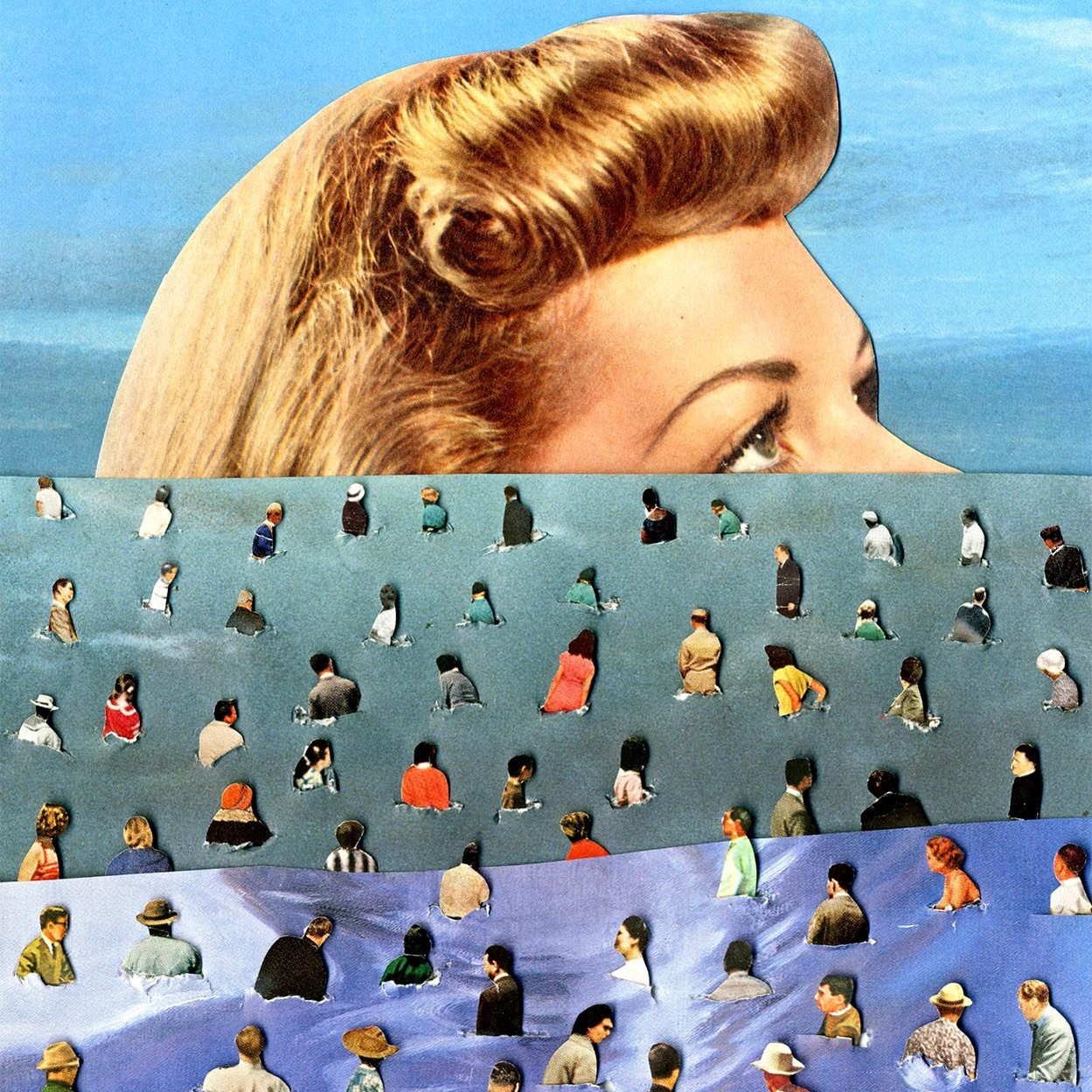Feeling Anxious? So Is Everyone Else. This Guide Will Help

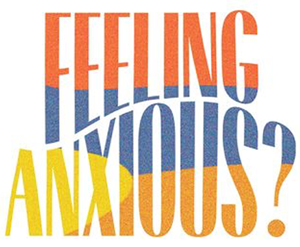
You're not imagining it: We really are suffering from anxiety more than ever before. According to the American Psychiatric Association’s annual poll, 39 percent of Americans reported higher levels of anxiety in 2018 than in the year before. And women are twice as likely to experience anxiety as men. But don’t let your feelings crush you. You're not alone: Adele, Demi Lovato, Jennifer Lawrence, Lady Gaga, Sarah Silverman, and others have spoken publicly about their struggles. And there is hope—right here in Marie Claire’s guide to decoding and demystifying anxiety.
We talked to experts who break down everything going on behind the scenes in your brain and body, round up the latest therapies and treatments, and offer advice and testimonials to help you hack your way to happy. Because the more you understand what you’re feeling and why, the less overwhelming it is and the more you’ll feel like your anxiety is something you can conquer or at least keep in check. So take a deep breath and read on. We promise you’ll feel better.


What are the different types of anxiety disorders?
GAD (Generalized Anxiety Disorder):
Persistent and excessive worry; diagnosed when someone finds it difficult to control worry for at least six months.
OCD (Obsessive-Compulsive Disorder):
Characterized by unwanted thoughts, images, or urges as well as repetitive behaviors a person feels compelled to perform to ease anxiety.
Panic Disorder:
Sudden and intense panic attacks and fear of recurring attacks.
Phobias:
Strong, persistent, irrational fear of places, situations, or objects that pose no threat. Examples: acrophobia, the fear of heights; arachnophobia, the fear of spiders.
PTSD (Post-Traumatic Stress Disorder):
Anxiety, depression, nightmares, flashbacks, and insomnia following a traumatic event.
Social Anxiety Disorder:
Intense fear of being judged, embarrassed, perceived negatively, the center of attention, or rejected by others.
What’s going on inside the brain and body when you feel anxious?
Adrenaline:
The “fight or flight” hormone controls the immediate reaction to stressful events, eliciting a surge of energy.
Cortisol:
The “stress hormone” controls the longer term reaction, maintaining blood pressure, fluid levels, and bodily functions.
Dopamine:
Known as the “feel good” neurotransmitter because it’s activated by pleasurable things like sex and food.
Norepinephrine:
Like adrenaline and cortisol, this hormone is secreted during stressful events; makes you feel awake and focused.
Serotonin:
This happy-making neurotransmitter is responsible for your mood.
What are the best/most common treatments for anxiety?
ACT (Acceptance and Commitment Therapy):
Teaches patients to be comfortable with the uncomfortable instead of denying the feelings.
CBT (Cognitive Behavioral Therapy):
The leading therapy for anxiety; helps patients work through feelings and identify destructive behaviors, changing how they react to stressful situations.
DBT (Dialectical Behavior Therapy):
Helps change unhealthy behaviors by teaching mindfulness, distress tolerance, emotional regulation, and interpersonal effectiveness.
EFT (Emotional Freedom Techniques):
Often called “tapping”; patients focus on a specific emotion while tapping certain points on the body (like acupuncture, minus the needles).
SST (Single-Session Therapy):
A therapist and client meet once to discuss mental health and coping mechanisms; developed after researchers learned many people, upon attending a therapy session, don’t return.
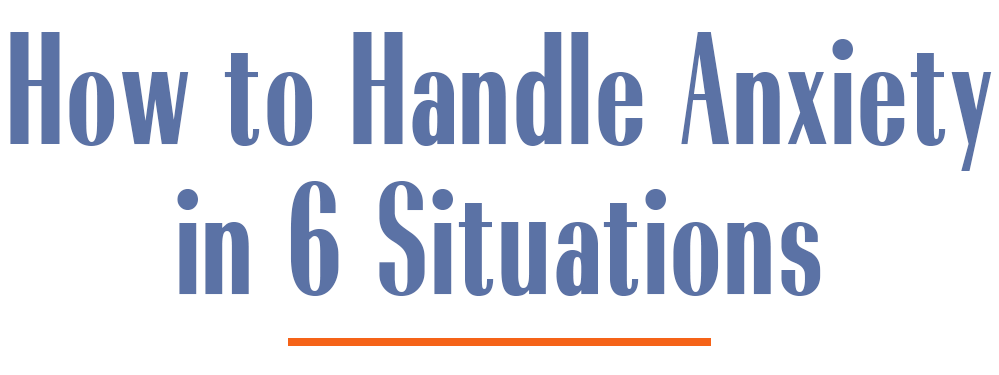


Identify what your triggers are and find new ways of coping with them in the moment. Maybe even rehearse the methods. Leave reminders on your desk or in your phone to provide prompts for how respond to what you’re feeling. Allow yourself to take a time out as much as you can. —Laura Silberstein-Tirch, Psy.D., director, the Center for Compassion Focused Therapy What's important is to realize is the anticipation is worse than the actuality. If you think back to other situations that were new or challenging, did you anticipate the worst and then find out it wasn't so bad afterwards? Use that as sort of a template in thinking about these other situations. —Cheryl Carmin, Ph.D., professor of psychiatry and behavioral health, the Ohio State University Wexner Medical Center

Something you can do while sitting there at work is ground yourself. Grip the arms of your chair very tight. Tense all of your muscles and hold that til the count of 20. Then let go, so that your body takes over and relaxes. Breathe through it. Use self-talk: “This will pass if I just ride the wave of it. This will not last forever.” Sometimes you may need to go to the bathroom and splash water on your face or talk a walk around the office. —Lori Evans, Ph.D., psychologist, NYU Langone

Part of what's so difficult when friends or family members get sick is dealing with the worry, so coming back to what information is available to you in the present moment can be quite helpful. Focus on your values and the version of you that you most want to be for someone who’s struggling. Doing so can be quite helpful and allows you to show up for them rather than letting the anxiety dictate. —L.S.T.

First and foremost, validate that experience. Of course something like that is going to cause anxiety—anyone would feel that way. Recognize that and be mindful that this is a moment of difficultly. And then extend yourself some kindness. We're so much better at helping other people in those situations, but we're harder on ourselves. Tap into what you would tell a friend or loved one. How would I want to care for them, and how could I extend that same kindness to myself? —L.S.T Reach out for support. Make sure that you have people around you who can be comforting and calming. The anxiety you feel at times like this is only a problem if you can't function. —L.E.

Definitely breathing and self-talk, which is also called cognitive reframing. Visualize how the presentation is going to go and how you’re going to succeed. I would also add affirmations, too. —Bridget McKinney, PhD, licensed professional counselor supervisor, Metairie, Louisiana Toastmasters is a great group where you can go and rehearse in front of live audiences. If that's not available to you, I sometimes have people practice with the television on for a distraction. It provides a level of distraction similar to what anxiety does—because anxiety is a huge distraction when we're trying to present. Building up your skill set through practice and exposure. Try to slow the breath down prior to the talk itself. Even doing jumping jacks can help. It's not exactly the same as public speaking, but it helps you get used to being able to talk even though you are feeling aroused or anxious. —L.S.T.

Don’t wait until you have a flight—do things gradually. Look at pictures of planes and listen to airplane sounds online. Volunteer to pick someone up at the airport and actually park your car and go into the airport. —L.E. Understanding the nature of the fear can help you address it. So do your homework. Read up on how common airplane accidents are—they are so infrequent. —C.C. Exposure and practice. Help build yourself up to flying. There are many simulations online. It can be helpful to pack a small coping kit to bring on the plane full of things that might be soothing to smell, touch, taste, hear, or see. —L.S.T.

A.S.M.R.
The sound of writing on a chalkboard lulls me into a relaxed state, my back and shoulders tingling. To get the effect, I listen to the Gentle Whispering channel on YouTube, featuring Maria, a Russian-born woman whose classroom lessons in her native language have spared me from countless sleepless nights. Not everyone who watches will experience the delicious tingling sensations of ASMR, but the videos are guaranteed to help you relax—and perhaps learn a bit of Russian. —Blane Bachelor
A.C.T. Therapy
In my 20s, my fear of suffocating devolved into an obsession: I couldn’t eat or take public transport, could barely go to work. In therapy sessions, I was exposed to my triggers—eating, drinking, enclosed spaces—and we’d discuss the rapid breathing, limb numbness, and racing heart that followed. Instead of shaking the feelings, I was taught to experience them to their maximum. Over time, I learned I could endure them, which gradually lessened my fear. —Jenny Hollander
Therapy Apps
The appeal of telepsychology is clear: It’s low-cost and requires no commute. But do the apps work? I test-drove several popular options. Each sends reminders that can be scheduled to work around your day. Most track how often you log in, creating rewards, but can start to feel like another item on your to-do list, and missing one day resets your record back to zero—not ideal for the overachievers among us. Still, they are definitely better for your mental health than Instagram scrolling or candy crushing. —Alyssa Haak
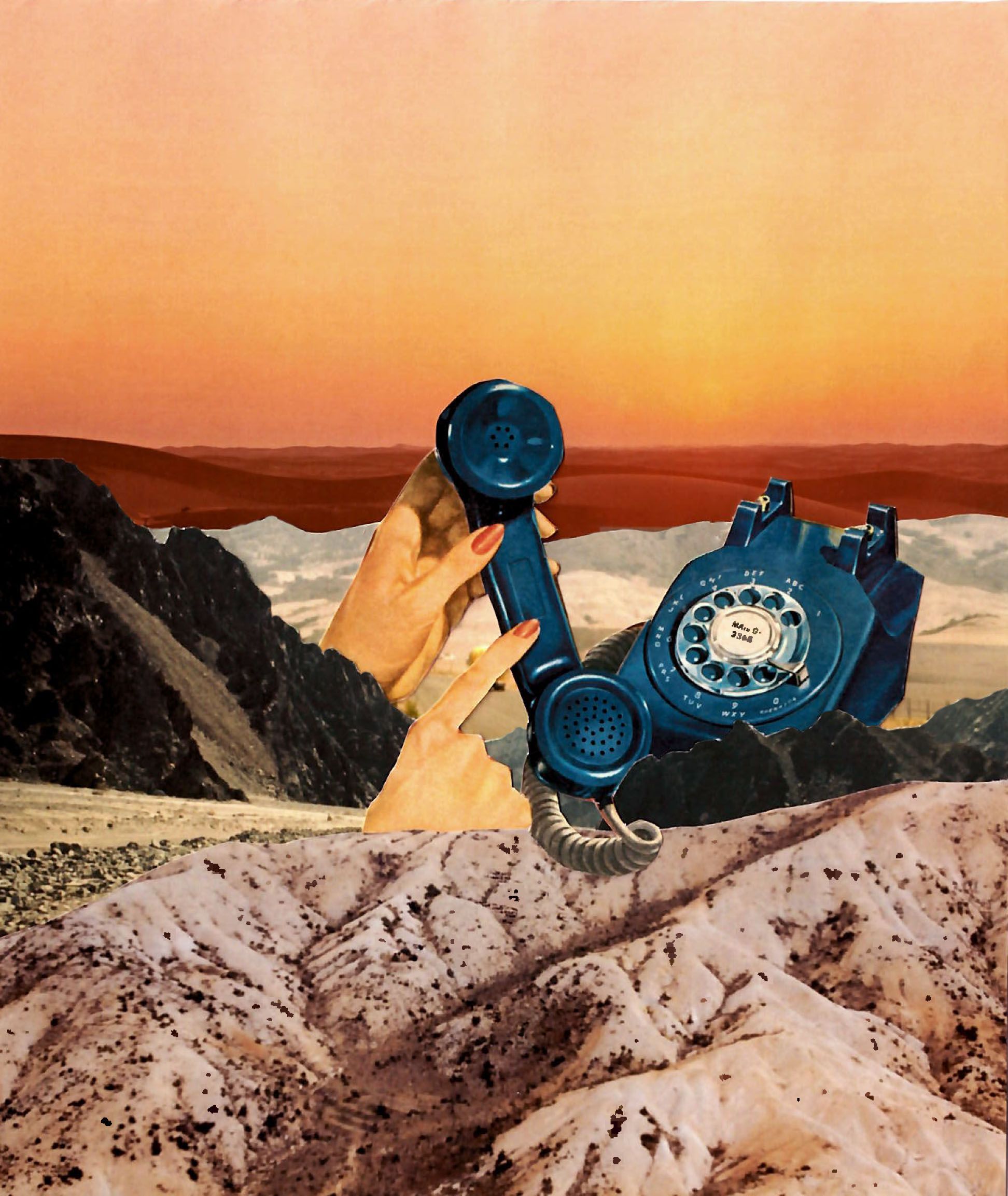
The Top 5 Therapy Apps Out There

Connects patients with a practitioner after a short multiple-choice survey and offers both video and text options for therapy sessions. The minimal design feels clinical, but they make it easy to switch therapists for any reason, which can be hard in real life. ($65/week)

Daily meditations focused on your specific mental health concern. Choose from a large library of guided meditations, ranging from one to 20 minutes. Cartoon graphics and thought-provoking push notifications make it accessible, but the number of meditation options can feel daunting. ($96/year)

Asks you daily to identify your emotions and assigns a meditation specific to what you’re feeling. Getting my reminder in the morning was a surprisingly centering way to start the day. Also offers community chat rooms and referrals to local therapists, but you’re on your own to schedule an appointment. ($9/month)
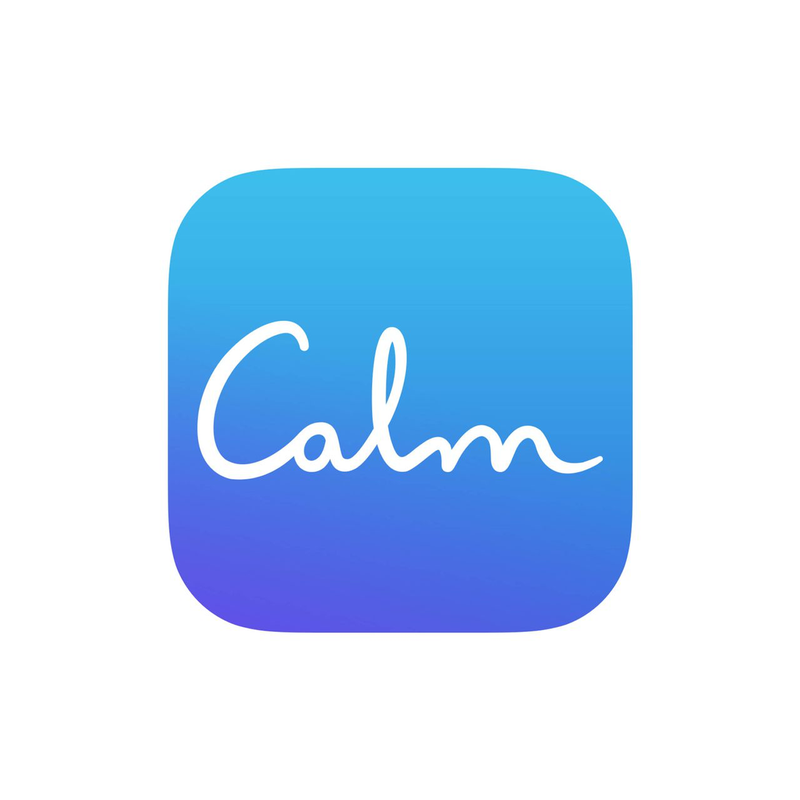
Self-directed app offering listeners ambient music, meditations, and bedtime stories. Audio offerings live up to the app’s name, but the lack of structure isn’t ideal for tackling a specific issue. (Although the hourlong “Ocean’s Lullaby” did help me focus enough to write.) ($70/year)

More personalized than other options. An intake counselor answers your questions before pairing you with a licensed therapist. Offers scheduled video chats and you can also send notes for your therapist to reply to later. ($49/week)

Baking? Blankets? Not all anxiety solutions require a prescription. Here's a rundown of our favorite alternatives.

Like ThunderShirts for dogs, heavy blankets have long been used as a calming tool in psychiatric wards, though little evidence supports their effectiveness. In recent years, they’ve gone mainstream, and many swear by them. Get one that’s 10 percent of your body weight.

The Atlantic’s Amanda Mull coined this term, saying baking is a “salve for the ambient anxiety of being alive” that forces you to “put down your phone, get your hands dirty, and pay close attention.”

Fido can sit, stay, and help you calm down. A 2016 study in the Journal of Clinical Psychology found human-animal interaction has only a small to medium effect on distress, but any licensed mental-health professional can deem your pet capable of therapeutic benefits.

When Zoë Kravitz whispered her way through a Michelob Ultra Pure Gold ad during Super Bowl LIII, autonomous sensory meridian response had its prime-time debut. Such auditory and visual stimuli can create a calming tingling sensation in the scalp and neck.

The older sister of adult coloring books and therapy dough, this integrative psychotherapy uses drawing, painting, and other creative projects to improve well-being.

According to a 2019 study in The Permanente Journal, 80 percent of participants report lower anxiety and 67 percent sleep better when using cannabidiol. It’s derived from the cannabis plant but doesn’t contain THC (what gets you high). Choose from gummies, vape pens, and tinctures.

Focusing the mind on a specific object, thought, or activity can calm you. A 2014 literature review of 47 trials with 3,515 participants suggests mindfulness meditation programs moderately improve anxiety and depression.
This article originally appeared in the July 2019 issue of Marie Claire.
-
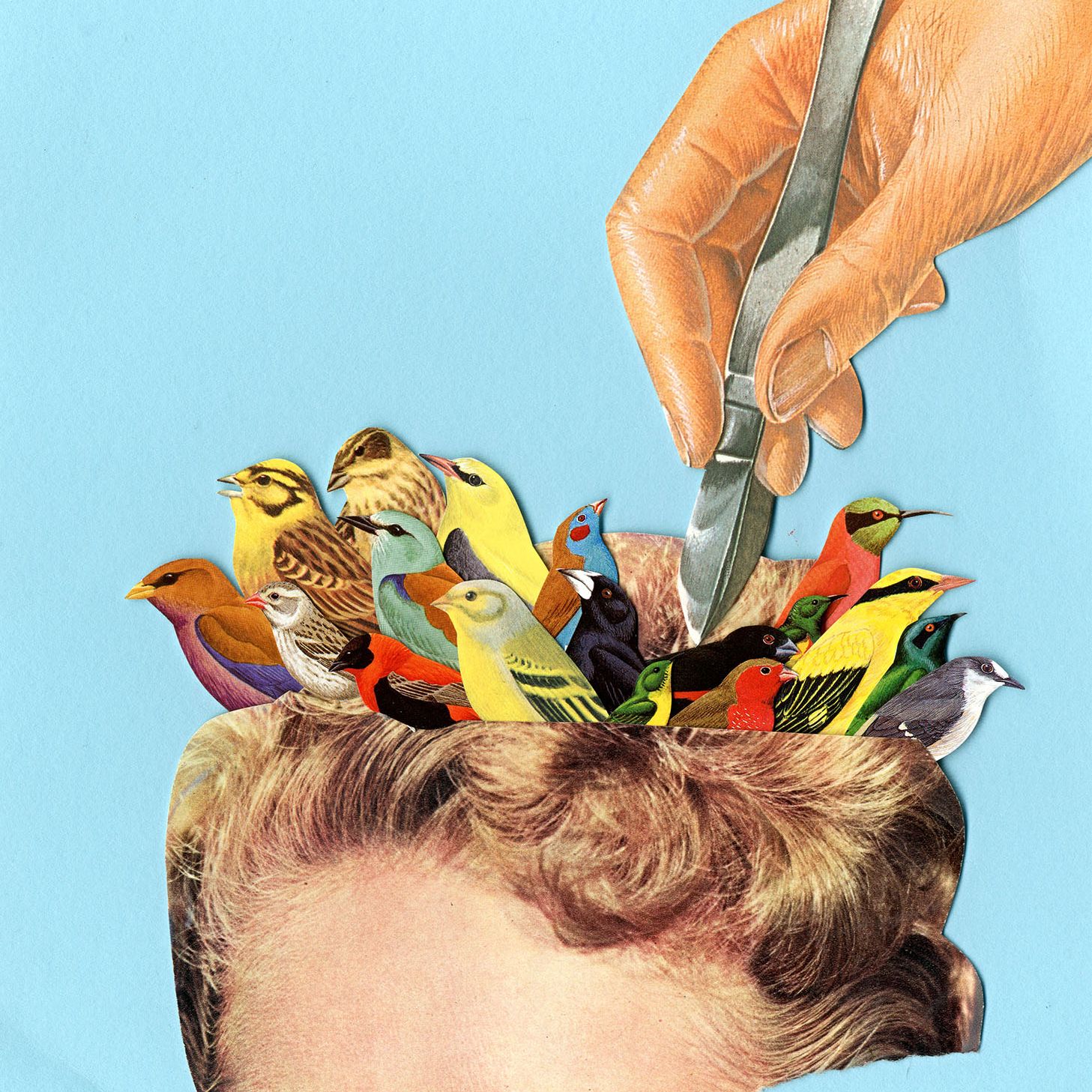
Every Question About Anxiety You've Ever Had, Answered
Anxiety is a complex mental health disorder. Here, experts explain the causes of the issue, symptoms, and treatments, including alternative and natural therapies.
By The Editors Published
-
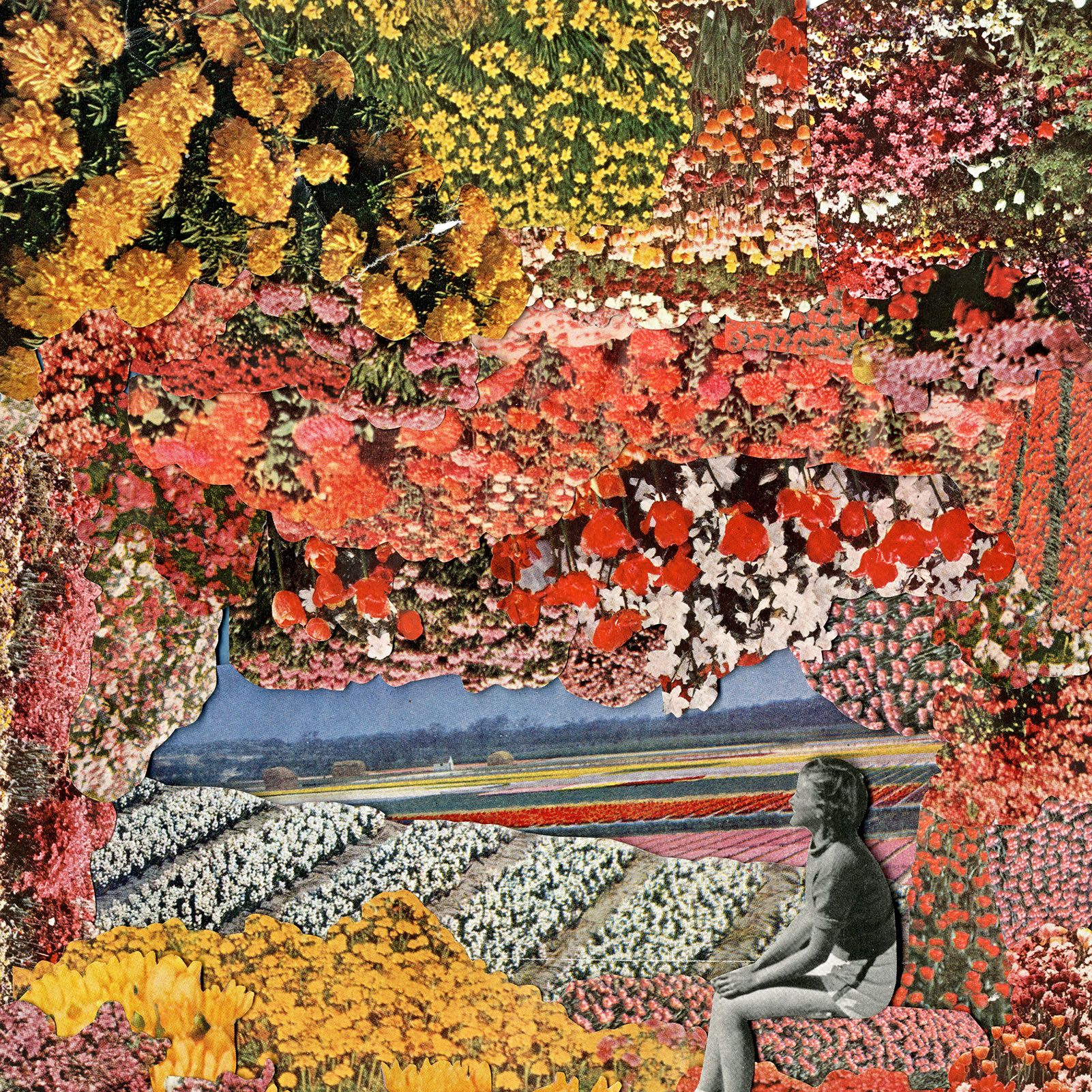
The New, Cutting-Edge Anxiety Treatments That Sufferers Swear By
Beyond therapy couches and daily meds, these inventive methods are breaking new ground.
By Marie Claire Published
-

How to Discuss Anxiety
How To Discussing mental illness isn’t easy. Two sisters—one with anxiety, one without—talk about how they manage.
By Megan DiTrolio Published
How To
